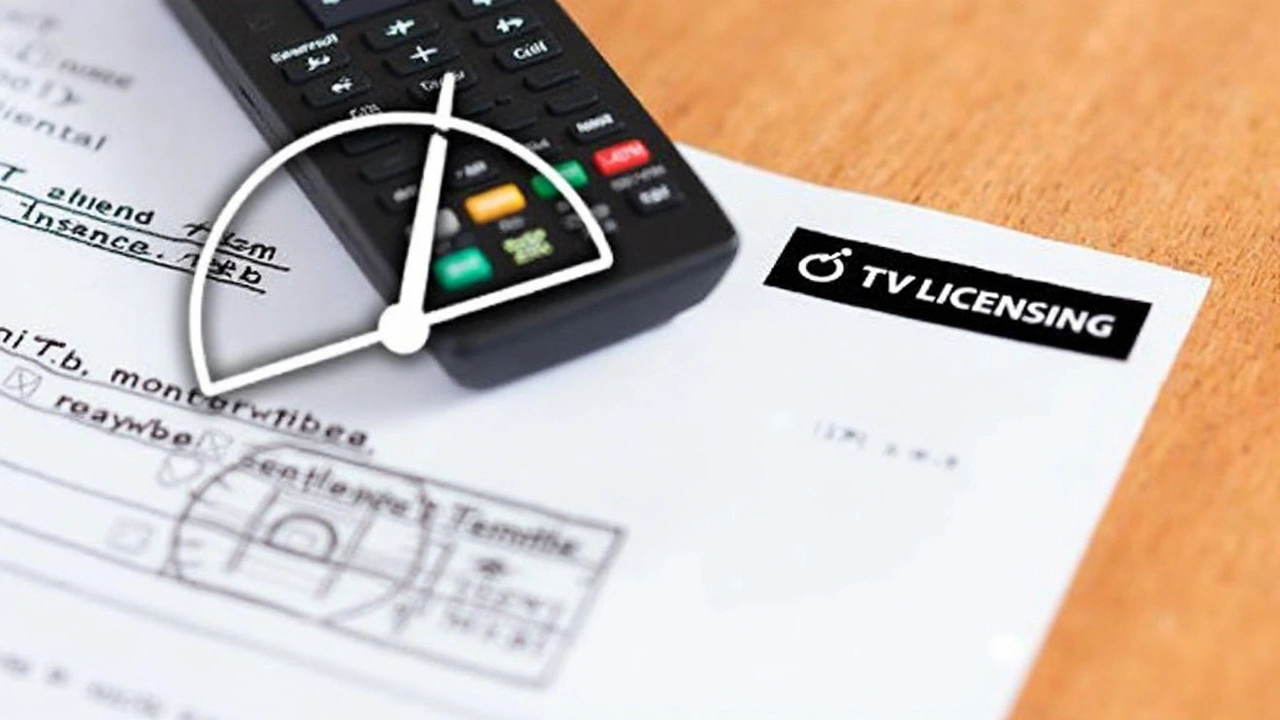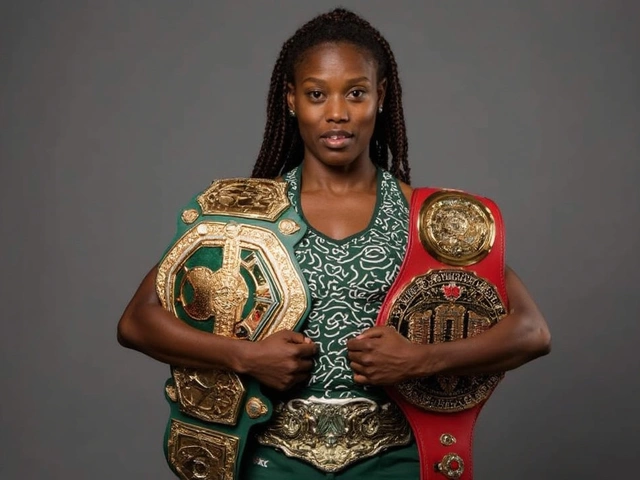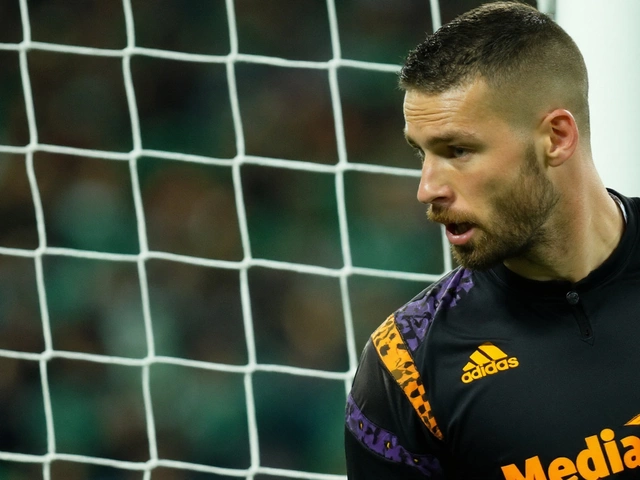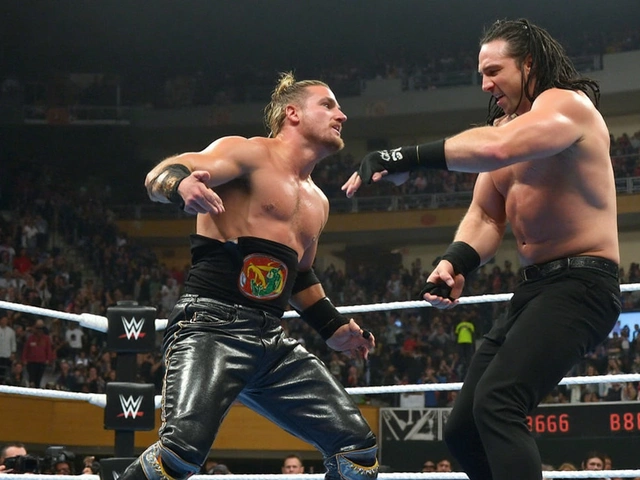
TV Licence Fee on the Rise: What Does It Mean for UK Households?
Starting April 2025, the annual TV licence fee for colour televisions in the UK will go up by £5, reaching £174.50. That might seem like a small jump, but when you consider that this fee touches millions of households, it’s easy to see why it’s causing quite a stir. If you’re one of the few—3,600, to be exact—still sticking with black-and-white sets, your fee goes up as well, by £1.50 to £58.50. These changes follow a routine adjustment every year, matching the September 2024 inflation rate of 2.96%. It’s all part of a government plan to keep the licence fee in pace with living costs, at least until 2027.
For the BBC, this TV licence fee is a lifeline. Last year, about 68% of its massive £5.4 billion budget came from these fees alone. That means decisions around the annual price affect everything from the programmes you watch to the very future of public broadcasting in the UK. Lisa Nandy, the Culture Secretary, argued the rise is essential to give the BBC “stable financial footing”—especially as its current Royal Charter, which sets the rules for its operations and funding, runs out in less than three years.

Balancing Budgets, Public Value, and the Future
With household budgets already stretched by rising costs everywhere, the licence fee hike naturally sparks heated debate. On one hand, the BBC insists it needs steady income to keep making trusted news, kids’ shows, drama, and music, as well as support services like Bitesize, BBC News, and BBC Sounds. Critics, though, question whether the fee still offers enough value for what people actually use—especially with streaming giants like Netflix, Amazon, and Disney+ becoming the new go-to for TV and movies. Some voices argue that the current funding structure may be outdated, given how much media consumption has changed in just the past decade.
To soften the impact for those hit hardest, there’s some good news: the expanded Simple Payment Plan (SPP) lets an extra 9,000 households each month pay the fee in small instalments. By 2027, the government expects about half a million homes to use this payment plan, making it less of a lump-sum shock for families already counting every penny. These measures are a response to concerns about affordability, but they don't solve the bigger question: What happens after 2027? The government says it’s committed to reviewing all options—from tweaking the fee to scrapping it for a whole new model. Ideas floated include a subscription system, direct taxation, or even making BBC programming optional.
The reach of this fee isn’t limited to the BBC either. It also funds S4C, the Welsh-language broadcaster, which will get £97.6 million under the new plan. That’s a vital boost for Welsh-speaking communities, ensuring homegrown programming and news isn’t squeezed out by cuts elsewhere.
Behind the numbers and policy debates are real questions about how the UK values public service broadcasting, what it should look like in the streaming age, and how to keep it fair for everyone. For now, the annual TV licence looks set to stay at the heart of those arguments—at least until 2027.




